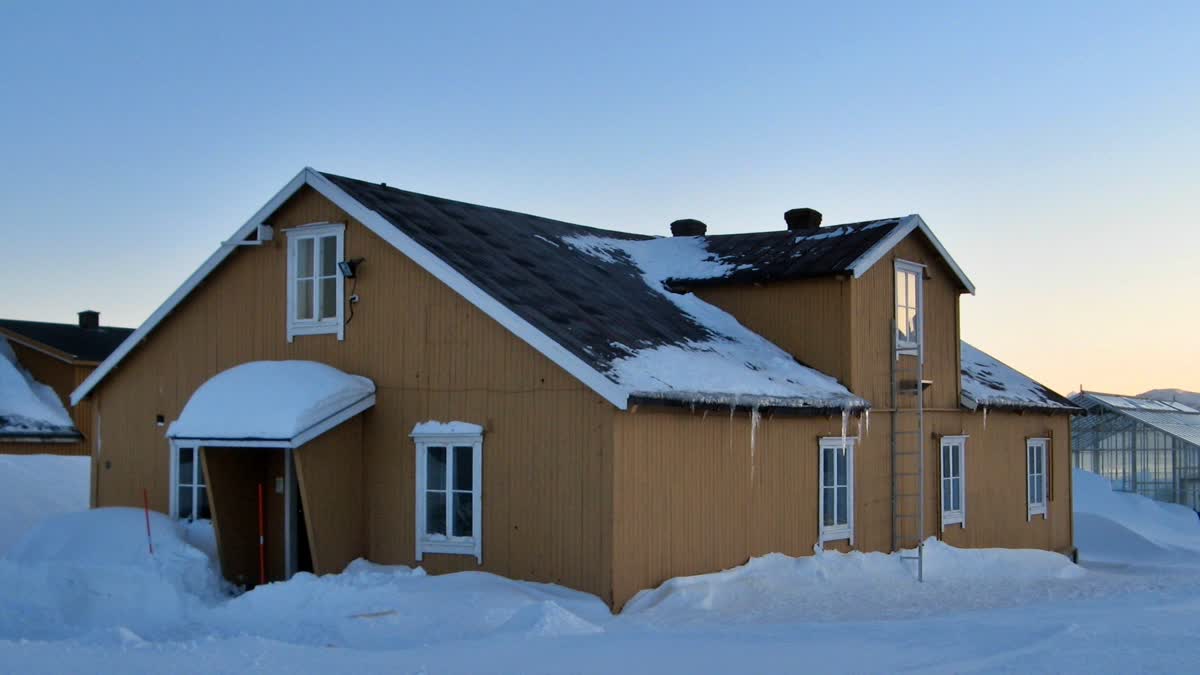New Delhi: External Affairs Minister S Jaishankar’s meeting with Olafur Ragnar Grimsson, Chairman of the Arctic Circle, here on Thursday marks yet another significant step in India’s global environmental diplomacy.
“Pleased to meet former President of Iceland and Chairman of @_Arctic_Circle @ORGrimsson,” Jaishankar posted on his X handle. “Discussed the activities of the Arctic Circle and the potential for deeper cooperation.”
The meeting comes ahead of the Arctic Circle India Forum to be held in New Delhi in May this year.
“In addition to @_Arctic_Circle #India Forum in May and next Assembly the discussion with FM @DrSJaishankar included the #PolarDialogue, #geopolitical and #geoeconomic importance of the #Arctic, #Greenland and #Trump + more,” Grimsson posted on his X handle after the meeting.
The Arctic Circle is the largest network of international dialogue and cooperation on the future of the Arctic and planet Earth. It is an open democratic platform with participation from governments, organisations, corporations, universities, think tanks, environmental associations, indigenous communities, concerned citizens, and others.
For New Delhi, engagement with this network is increasingly vital due to the intersection of India’s strategic, environmental and economic interests with the Arctic’s evolving dynamics.
The Arctic, often called the “barometer of global climate change”, holds vital lessons for nations worldwide, including India. With its increasing engagement with Arctic countries, India is not only prioritising scientific collaboration, but also positioning itself as a key stakeholder in discussions on sustainability, energy security, and equitable resource use.
It is worth mentioning here that India has been an observer nation in the Arctic Council, a high-level intergovernmental forum, since 2013. India had also adopted its own Arctic Policy in 2022.
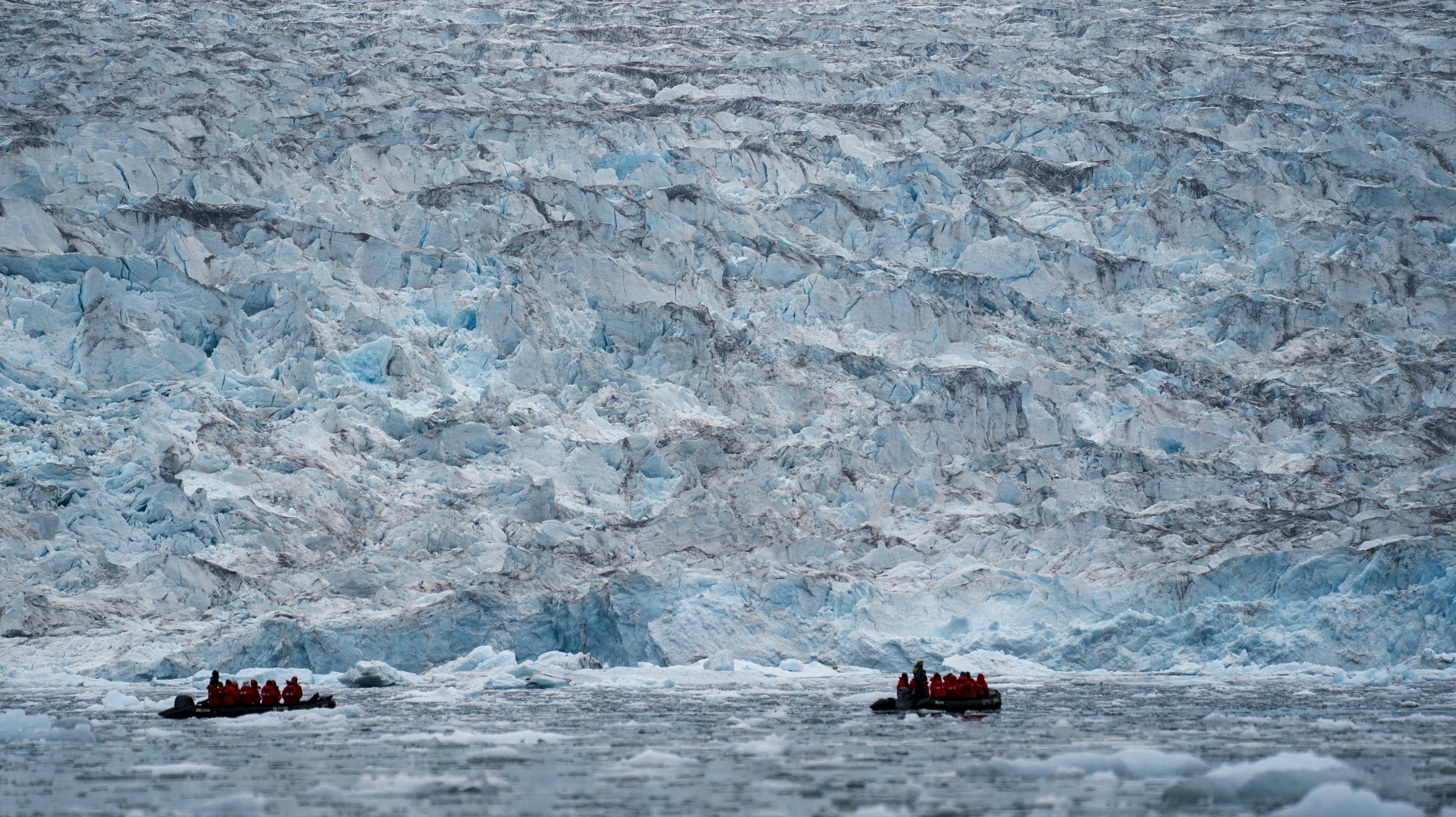
What are the Arctic Circle India Forum and the Polar Dialogue?
Arctic Circle Forums are held all over the world on specialised subjects. These are organised in collaboration with governments, ministries and organisations of the host countries. The Arctic Circle India Forum will be held in New Delhi in May this year and will be co-hosted by the Observer Research Foundation think tank.
The forum is expected to emphasise the growing importance of India’s role in the Arctic and highlight the mutual benefits of collaboration in areas such as climate change, sustainable development, science, and trade.
Launched in October 2024, the Polar Dialogue’s key focus is on science and research cooperation in the Arctic, Antarctic and the Himalayas, the Third Pole region, as well as other ice-covered areas of the world. High-level political leaders participated and committed to the Polar Dialogue for the purpose of enhancing constructive dialogue with the scientific community.
The 2024 Polar Dialogue took place at the Arctic Circle Assembly, held in Reykjavík, Iceland, on October 17-19, and consisted of a series of sessions, consultative meetings, workshops and high-level Plenary Sessions.
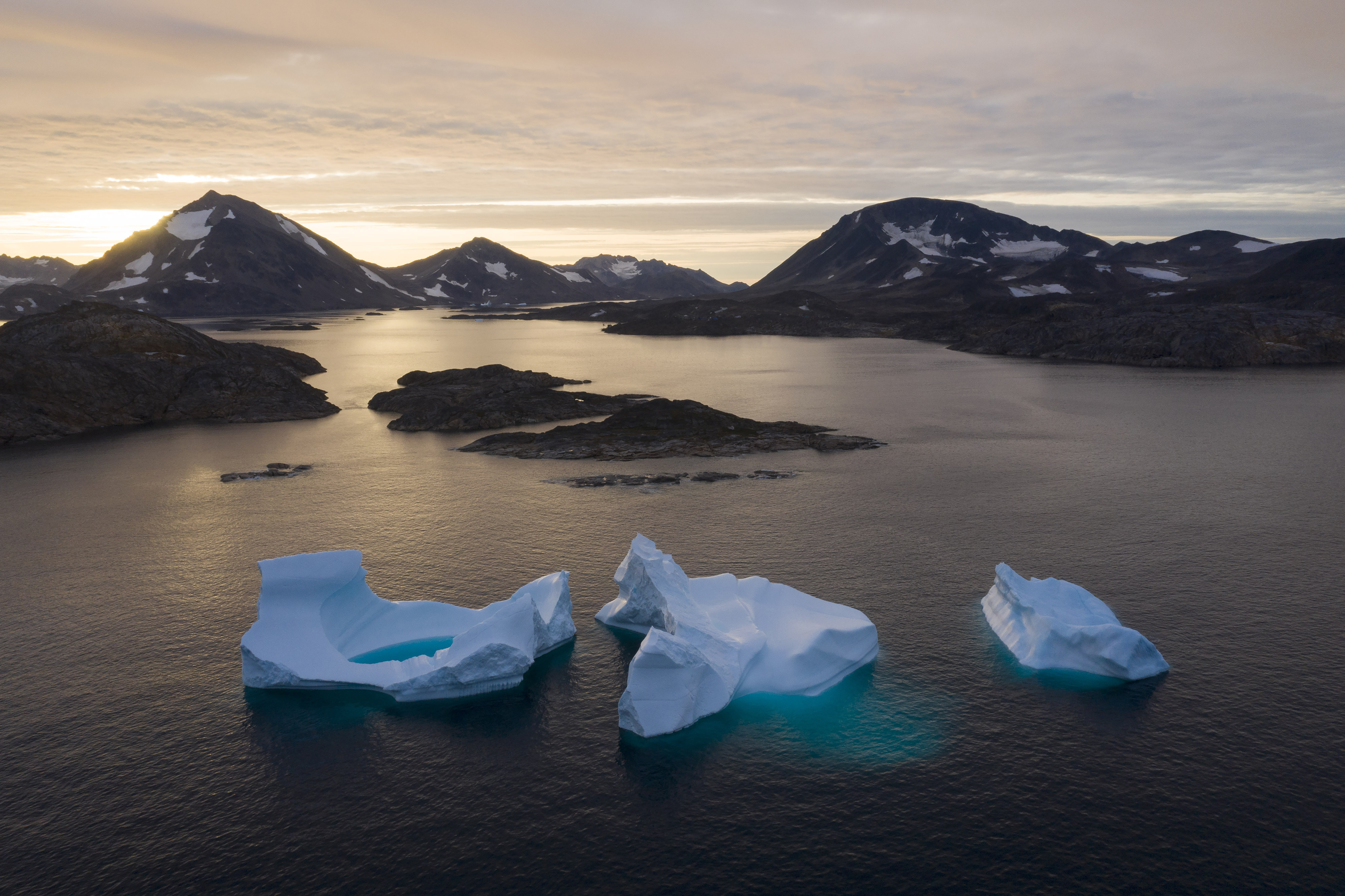
What is the Arctic Council?
The Arctic Council is a high-level intergovernmental forum that addresses issues faced by the Arctic governments and the indigenous people of the Arctic region. At present, eight countries exercise sovereignty over the lands within the Arctic Circle, and these constitute the member states of the Council. These countries are Canada, Denmark, Finland, Iceland, Norway, Russia, Sweden, and the US.
Observer status is open to non-Arctic states approved by the Council at the ministerial meetings that are held once every two years. Observers have no voting rights in the council. India was admitted as an observer nation in 2013.
India is involved in projects with the Arctic Council’s working groups and is a member of the International Arctic Science Committee (IASC) and the Ny-Alesund Science Managers Committee (NySMAC).
What is India’s Arctic policy?
In 2022, India released its Arctic policy titled ‘India and the Arctic: Building a Partnership for Sustainable Development’. The policy lays down six pillars: strengthening India’s scientific research and cooperation; climate and environmental protection; economic and human development; transportation and connectivity; governance and international cooperation; and national capacity building in the Arctic region. Implementing India's Arctic policy involves multiple stakeholders, including academia, the research community, business, and industry.
According to the Ministry of Earth Sciences, India's Arctic policy aims to promote the following agenda: Strengthening national capabilities and competencies in science and exploration, climate and environmental protection, and maritime and economic cooperation with the Arctic region. Institutional and human resource capacities will be strengthened within Government and academic, research and business institutions.
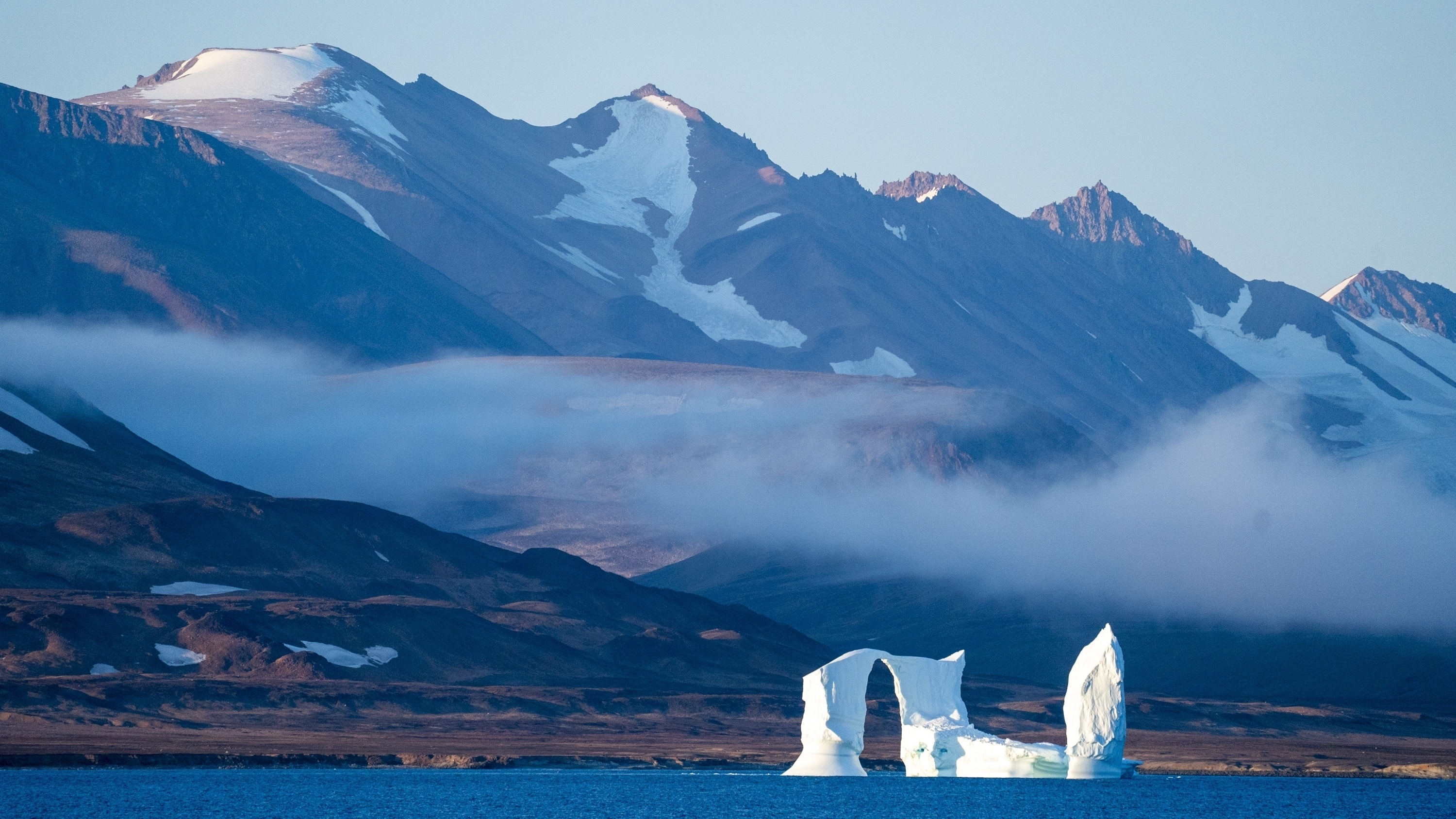
- Inter-ministerial coordination in pursuit of India's interests in the Arctic.
- Enhancing understanding of the impact of climate change in the Arctic on India’s climate, economic, and energy security.
- Contributing better analysis, prediction, and coordinated policymaking on the implications of ice melting in the Arctic on India’s economic, military and strategic interests related to global shipping routes, energy security, and exploitation of mineral wealth.
- Studying linkages between polar regions and the Himalayas.
- Deepening cooperation between India and countries of the Arctic region under various Arctic forums, drawing expertise from scientific and traditional knowledge.
- Increasing India’s participation in the Arctic Council and improving understanding of the complex governance structures in the Arctic, relevant international laws, and geopolitics of the region.
The Arctic, it is worth mentioning here, serves as a bellwether for climate change. Changes in the Arctic climate influence monsoonal patterns in South Asia, which are vital for India’s agriculture and water resources.
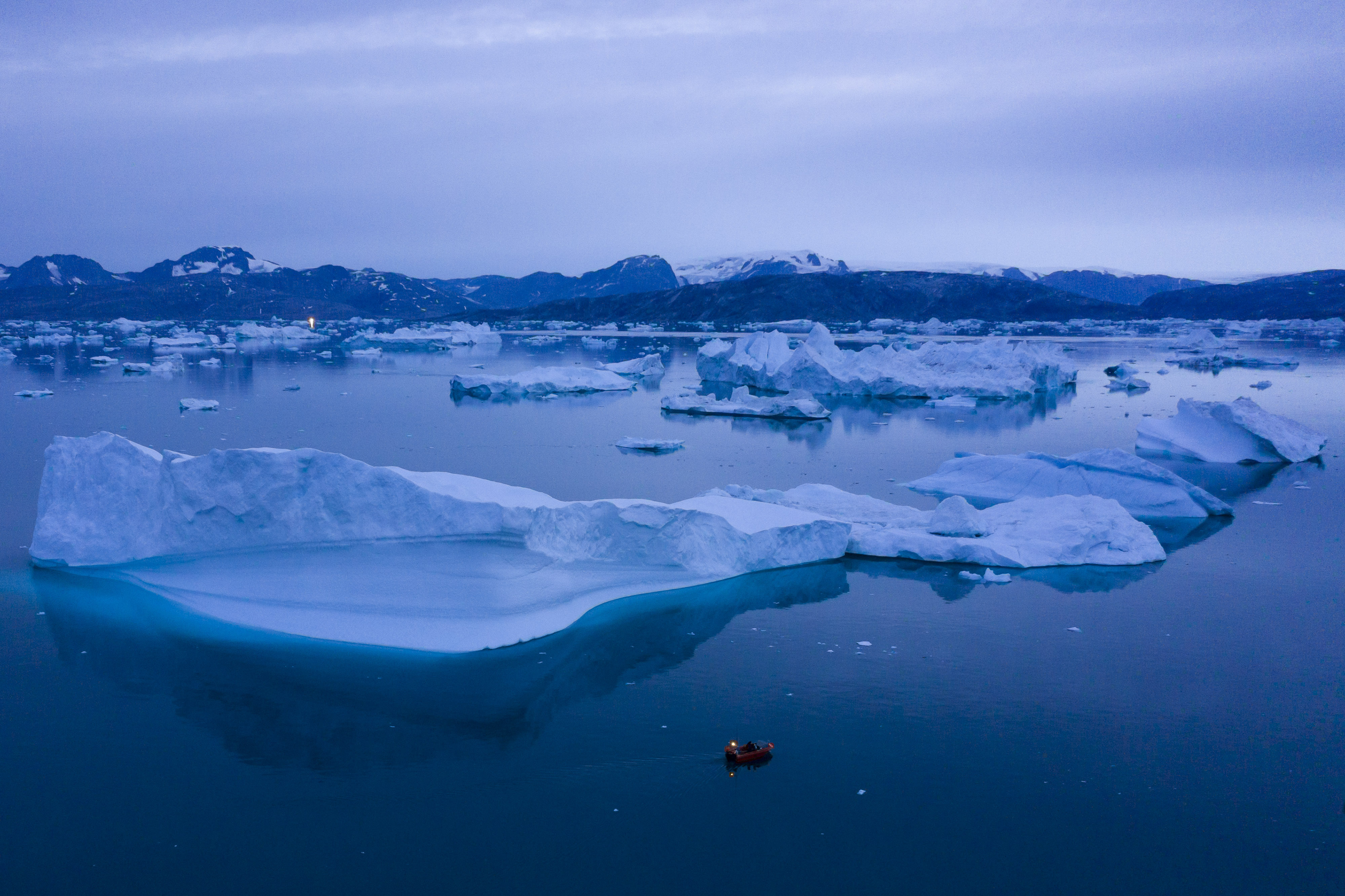
India has been conducting polar research through its Himadri Research Station in Svalbard, Norway. Collaboration with Arctic stakeholders enhances India’s understanding of polar processes and their impact on the Indian subcontinent.
The Arctic is home to rich reserves of oil, gas, and rare minerals. As global warming reduces ice cover, these resources are becoming increasingly accessible. India's growing energy demands make this a key area of interest.
Melting ice in the Arctic is opening up new maritime routes, such as the Northern Sea Route, which could significantly reduce shipping time between Europe and Asia, benefiting India’s trade.
To sum up, as the Arctic emerges as a focal point of global geopolitics and climate action, India is strengthening its engagement with Arctic nations to safeguard its strategic, environmental, and economic interests. From advancing polar research to contributing to sustainable development in the region, India’s proactive approach reflects its growing role as a responsible global actor in addressing the challenges and opportunities of the rapidly changing Arctic landscape.
